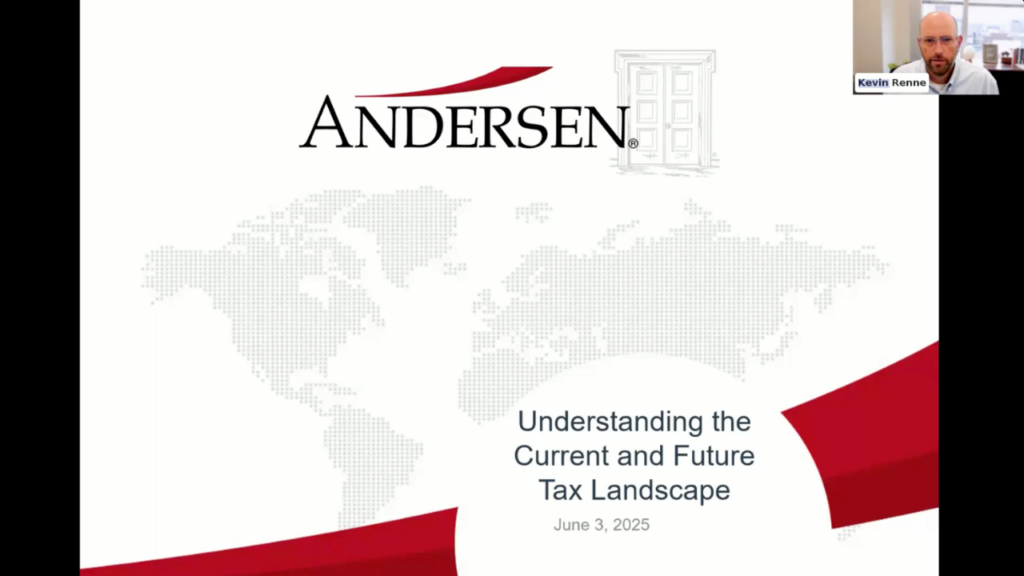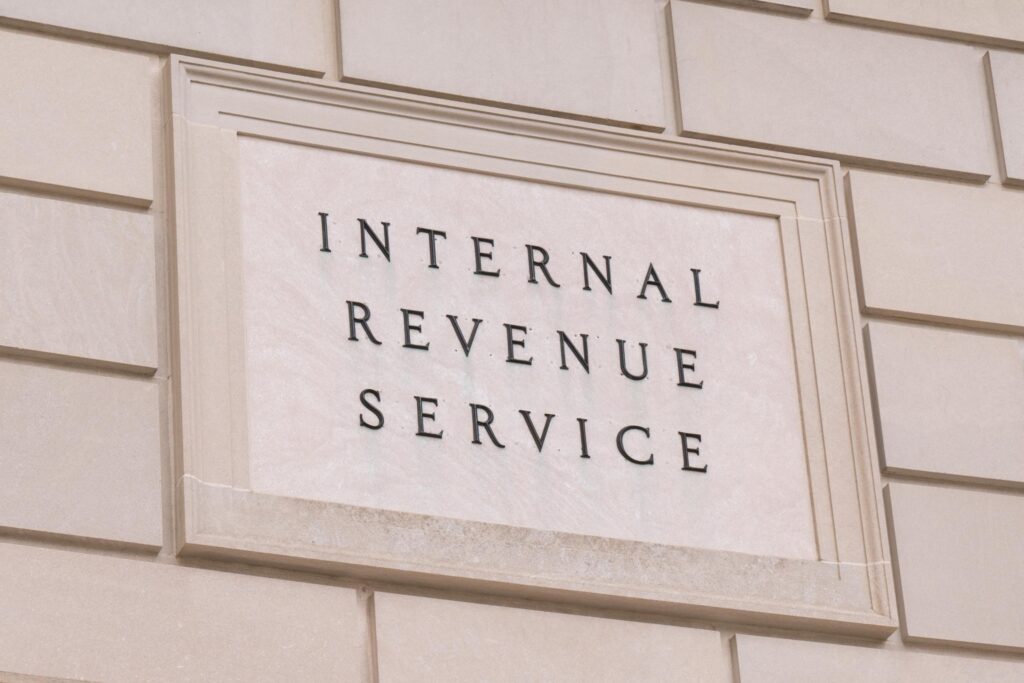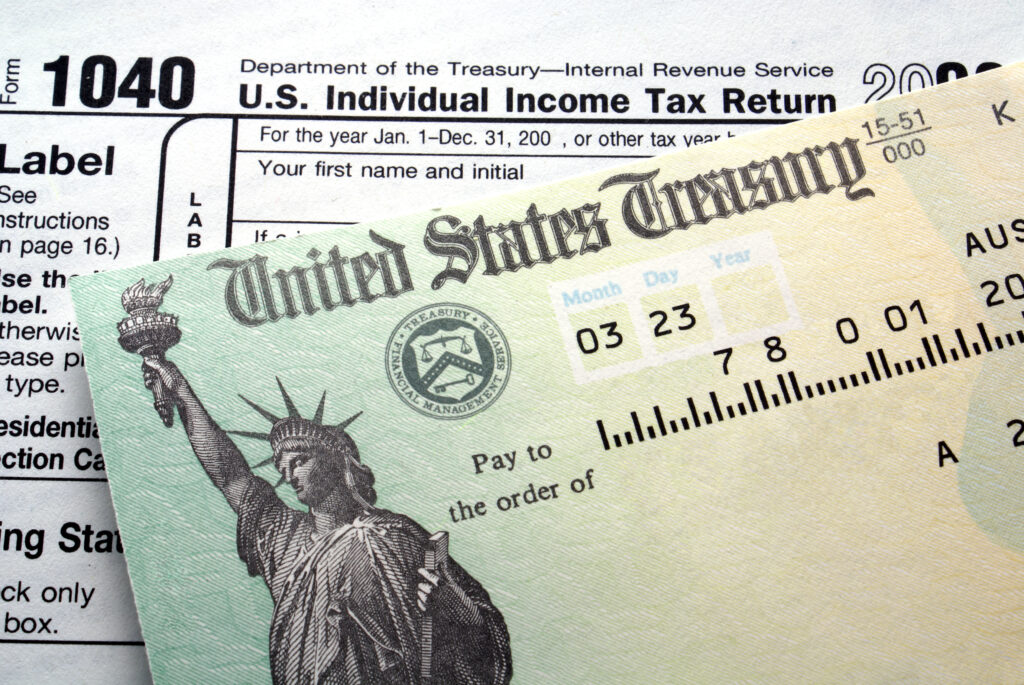Like many other businesses during the pandemic, the Internal Revenue Service offices were closed for months. Upon re-opening, many offices continue to operate at a reduced capacity. According to a statement on the IRS website, this has caused delays in services such as live telephone assistance, return processing, and other administrative functions.
As such, you may experience delays with the following:
- Processing payments for balances and/or estimated payments due.
- Processing paper-filed returns.
- Responses concerning other IRS notices.
Any tax return which requires review, whether it was filed electronically or on paper, may also take longer because many review processes cannot be done virtually.
What Should You Do?
- If you receive a notice from the IRS, consult your tax advisor.
- If you are worried about checks issued but not cashed, we recommend you remain patient and give the IRS a chance to catch up on the backlog of mail.
- If a payment is outstanding for longer than six months, you may want to consider issuing a stop payment and reissuing the check.
- Avoid contacting the IRS, as they are unlikely to respond and it may complicate matters further.
Interest Payment Refunds
The IRS and Treasury Department also announced they will be sending interest payments to about 13.9 million individual taxpayers who filed their 2019 federal returns on time and have received, or are expecting to receive, tax refunds. Businesses will not qualify for interest payments.
Payments will average about $18 per taxpayer, and most will be issued separately from tax refunds. In most cases, taxpayers who received their refunds by direct deposit will see the interest payments deposited into the same bank account.
Why is this occurring? Because COVID-19 is considered a “disaster” by the federal government and caused the tax return deadline to be extended, the IRS is required by law to pay back the accrued interest calculated from the original April 15 deadline. No interest will be added to any refund issued before the original April 15 deadline.
By law, these interest payments are taxable and taxpayers who receive them must report the interest on the 2020 federal income tax return they file next year. In January 2021, the IRS will send a Form 1099-INT to anyone who receives interest totaling at least $10. For more details, you can view the announcement on IRS.gov.
We will continue to monitor developments from the IRS and keep you apprised of pertinent information. As always, we encourage you to contact us directly with questions or concerns regarding this announcement or other matters important to you.



















